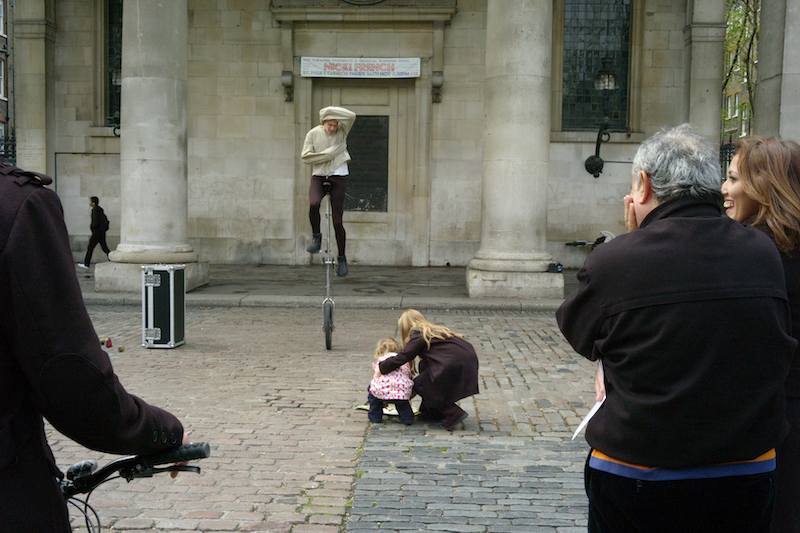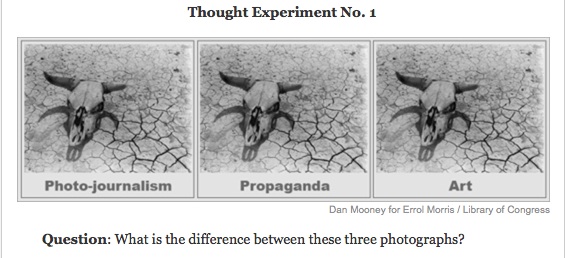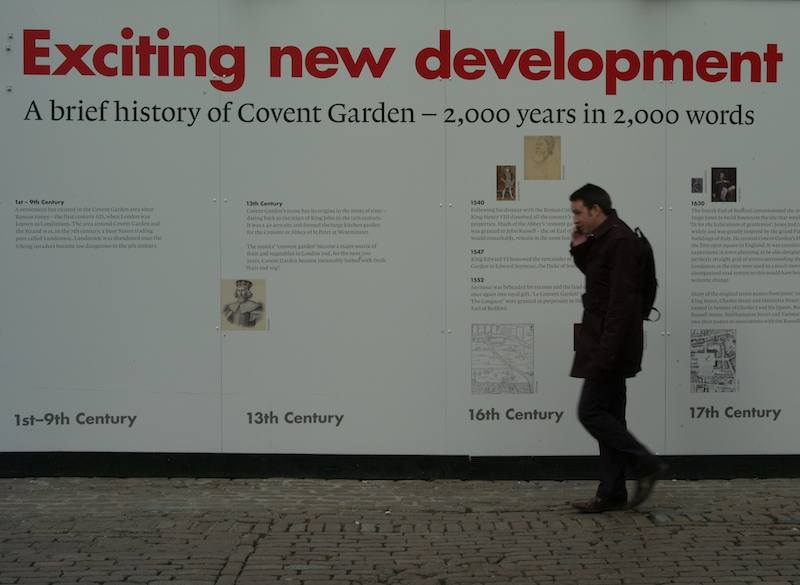Nice Crikey post.
Now this morning, Mr Murdoch, I wanted to make sure I wasn’t misrepresenting your comments. Rather than watch your full 37-minute interview with Sky News Australia — deadlines, deadlines! — I wanted a news report.
I went to Google News and typed “murdoch block google”. The first result was this story at the UK’s Telegraph.
I went to Microsoft’s Bing and typed the same thing. Their top link was this story at the Guardian.
(I also searched the news at Yahoo!7 and their one and only result was a Crikey story from a month ago. Fail.)
I clicked through and read their stories — you don’t see full stories in search engines, Mr Murdoch, you have to click through. I saw their adverts. They got traffic.
Do you own the Telegraph or the Guardian, Mr Murdoch?
Oh dear.
C’mon Digger: bring on yer paywall! We need this experiment.
En passant:I see from his newsletter that Jason Calcanis is pushing the idea that Microsoft should pay publishers to let Bing index their content as a way of screwing Google. Stand by for an outbreak of my-enemy’s-enemy-is-my-friend syndrome. I suspect that we’re approaching the point where Murdoch & Co will discover the full power of network effects.
LATER: Cory Doctorow has a lovely column in the Guardian about Murdoch’s increasingly erratic pronouncements. Excerpt:
Rupert has got dealmaker’s flu, a bug he acquired when he bought MySpace and sold the exclusive right to index it to Google. This had the temporary effect of making Rupert look like a technology genius, as Google’s putative payout for this right made the MySpace deal instantly profitable, at least on paper; meanwhile, MySpace’s star was in decline, thanks to competition from Facebook, Twitter and a million me-too social networking tools.
It also put ideas into Rupert’s head.
You can practically see the maths on the blackboard behind his eyelids: Exclusive deals + paywalls = money.
I think that Rupert is betting that one of Google’s badly trailing competitors can be coaxed into paying for the right to index all of Newscorp’s online stuff, if that right is exclusive. Rupert is thinking that a company such as Microsoft will be willing to pay to shore up its also-ran search tool, Bing, by buying the right to index the fraction of a fraction of a sliver of a crumb of the internet that Newscorp owns.
They’ll be able to advertise: “We have Rupert’s pages and Google doesn’t, so search with us!” (Actually, they’ll have to advertise: “We have Rupert’s pages and Google doesn’t, except MySpace, which Google has.”)
Or maybe not – MySpace isn’t delivering the traffic Rupert guaranteed Google in his little deal, and Google may bail if there’s a likely sucker on the line.
Maybe the target isn’t Microsoft. Maybe it’s some gullible startup that’s even now walking up and down Sand Hill Road, the heart of Venture Capital Country in Silicon Valley, showing off a PowerPoint deck whose entire message can be summarised as: “You give us a heptillion dollars, we’ll do exclusive search deals with Rupert and the other media behemoths, and we’ll freeze Google out.”
Murdoch is a bit like a malign version of Warren Buffett, in the sense that people are so impressed/intimidated by his past record that they’re reluctant to criticise him now. Like Buffett, the Digger has made great bets in his time (e.g. buying the Sun< and turning it round, launching Sky, etc.) and some of them required stamina and courage to seem them through. So at the moment even though most people don’t believe that his paywall strategy can work in a networked ecosystem, they have a kind of superstitious reluctance to express their scepticism out loud.





